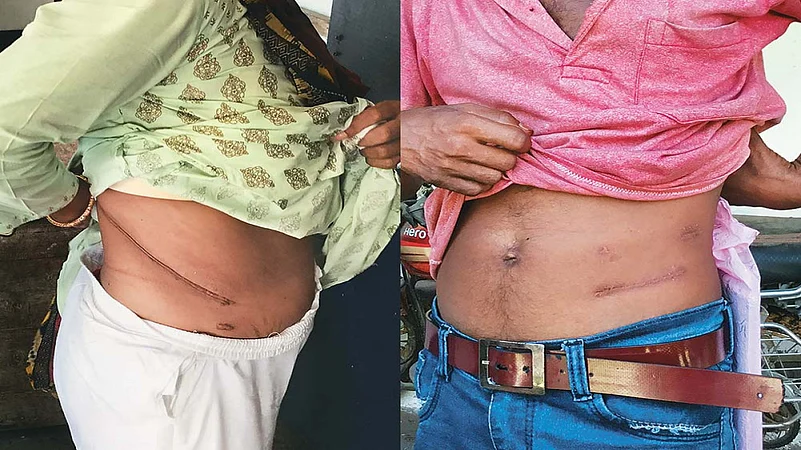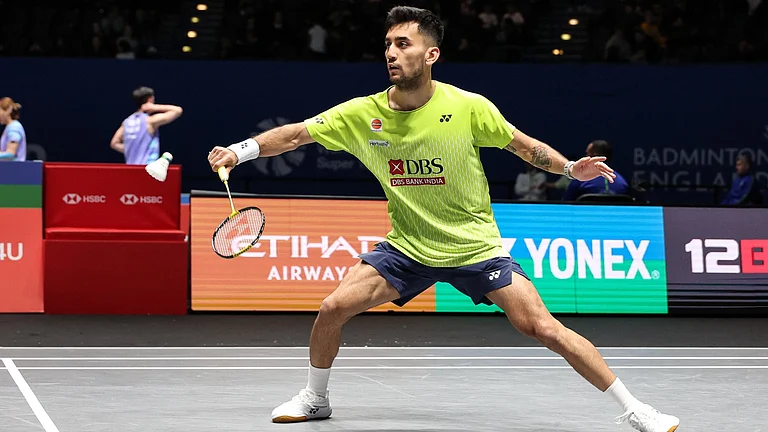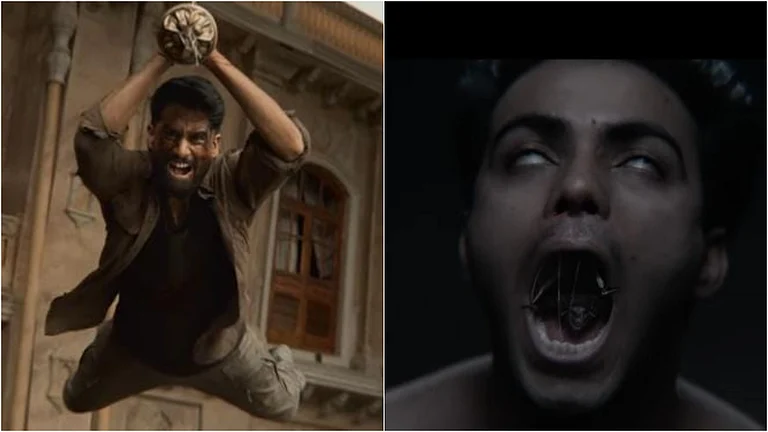They could guess something was amiss from the suspicious conduct of some residents of their village over the past 4-5 years, but they were unable to figure out what it was about. Then, over the past year or so, they began hearing loud whispers that some villagers had sold off their kidneys.
“Our queries went abegging till we heard recently that a woman would be visiting the village to finalise deals for kidney donation with some residents,” recounts Minu Das, secretary of the Village Defence Party (VDP) of Dakhin Dharamtul village in Morigaon district, about 80 km from Guwahati. “We apprehended her when she arrived on July 10,” she said.
The arrest of Lilima Bodo led to the arrest of three others, revealing a thriving, illegal trade in kidneys in the area. Aggrieved donors, who alleged they had been shortchanged, also started narrating their tales — first the deal, then documentation establishing relationship with the recipient, and finally the journey to Kolkata to go under the scalpel and part with a kidney.
Morigaon SP Aparna Natarajan said 11 people, including a woman, had donated kidneys so far. “We have asked for relevant documents from the state committee that gives go-ahead to donors for the transplant, and the investigation will proceed accordingly,” she said. Donors themselves are guilty of misrepresentation before the committee, she also said, adding, “But then, they are victims too, and will be our witnesses. They are poor and fell prey to temptation.” Krishna Das had sold off a kidney to repay a bank loan she had taken to run her family with her long-ailing husband. She was not given the promised amount, though. “They promised me Rs 4.5 lakh, but gave only Rs 3.5 lakh,” she said.
According to VDP secretary Minu Das, Lilima had told them she received Rs 3 lakh per donor, that there were others up the chain who received similar amounts. “She had sold her own kidney for Rs 9 lakh,” she said. “Actual donors get much less, and are sometimes even cheated,” she added.
Fingers are now being pointed at the state committee which issues provisional ‘no objection’ certificates for the transplantation to be conducted. “But we go by documents presented before us by donors, and pass on the cases to the authorisation committees of states where the transplantation will take place,” said a member of the committee on condition of anonymity. “These are sworn affidavits,” he said.
“If those committees find something not in order, they get back to us. On our part, following stipulation of the law (The Transplantation of Human Organs Act, 1994), we interview prospective donors and recipients, on the basis of documents submitted, regarding their relationship and to check if there is any monetary consideration involved,” he said. Donors say the agents would tutor them to face the committee.
The member also said depending on the condition of the recipient, speed of approval could be of essence. “The committee can be pulled up if something goes wrong with the recipient due to delay in approval. But if there is anything suspicious or anomalous, the committee can always reject the application. It is at the level of the circle officer or block officer that the relationship between donor and recipient is identified, and certificates issued. Who is at fault is for investigating agencies to fix,” he said.
(This appeared in the print edition as "A Broken Sieve")






















